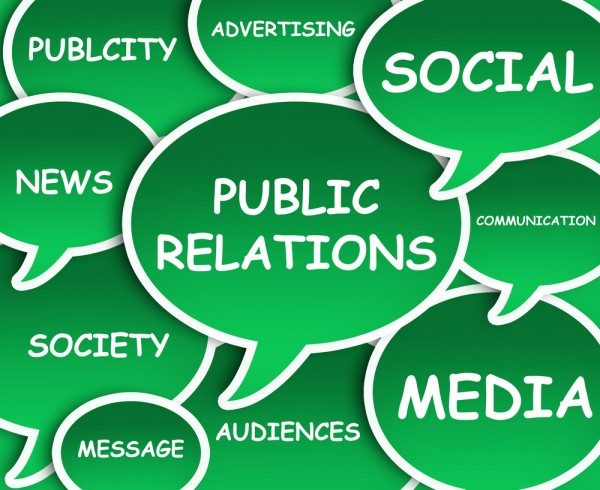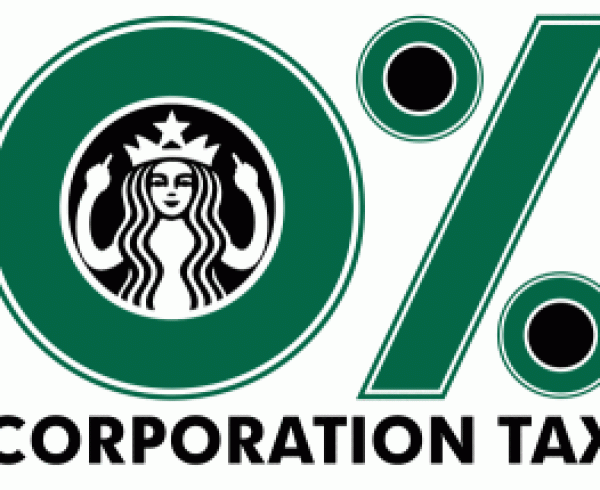It’s about the conversation, not the pitch. Engage your audience, don’t preach to them. Social Media is about the customer, not you. Provide value to your audience; don’t sell your product. Create an outstanding customer experience and customers will become your advocates. The power of social media: the customer’s voice.
Much has been said, tweeted and blogged on the subject of the power of the customer’s voice in social media. Savvy social media marketers argue that a business may craft their brand, but it’s only validated when customers, who tweet, post, share, like and pin their experiences with that brand agree to it.
The “wisdom of crowds” paradigm dictates that this collective chatter across social platforms creates consensus around the identity and value of a brand, not the spin marketers are paid to generate. It’s said that social media has given rise to an uncontrollable disruptive force in the traditional brand:customer dialogue, one that brands can no longer control or predict.
Do Customers Have Too Much Power?
The now infamous “United Breaks Guitars” story is an oft-cited example of how one man can dramatically affect the brand – and stock price – of a large corporation. Or the equally infamous “Dell lies. Dell sucks.” blog post that forced the computer giant to completely reinvent its customer experience and communication strategy. Yes, the customer has great power and with great power comes great responsibility. Or does it? Why are customers exempt from this universal rule?
My partner Jeff Wilson wrote a thought-provoking post entitled Social Media is Creating Bad Customers a few weeks back in which he argued that “deep down, people are bullies or at the very least indifferent to bullying.” His point was that social media provides consumers the tools to be bullies and the platform to thrive. Nothing hurts me more than to agree with something Jeff says, so I won’t. Instead, I’ll take that argument one step further: if social media is the drug that creates bad customers, marketers are the enablers that keep them stoned.
If we’re to agree that customers are now creating, shaping and advocating our brands through their social media engagement, should they not also be held accountable for those actions? If we as a marketing agency screw up a client’s branding because of employee error or simply poor performance, we’d be fired. If an employee creates a PR disaster that impacts the business such as the case where Taco Bell franchise employees invited camera crews to come film rats running around the restaurant or the “There’s A Comcast Technician on My Couch” video that captured a service technician sleeping on the customer’s couch instead of doing the job he came to do, they’d be fired. So why are customers let off the hook? Because they’re always right?
I’ve often argued that only true way to control customers and how they treat our brand online is to give them the best customer experience possible, but as my partner outlined so well in his post, that’s not always enough. People can be bullies and social media encourages the bad behavior of smartphone-carrying-YouTube-celebrity-wannabes. Should brands just take it?
I’m Mad And I’m Not Gonna Take It Any Longer
Businesses train customers to be loyalty with discounts, additional services and recognition rewards. Can’t we take the opposite approach for those who are purposely harming the brand? While a solid punch to the gut comes to mind or at a minimum a strong slap across the face, I understand this isn’t feasible – or maybe even legal – but certainly business brands must take back control somehow? What’s the future of our marketing if we allow – nay encourage – customers to run amok with our brands? Will we not be fated to be in PR disaster recovery mode permanently? Constantly on the defensive? Always looking over our shoulders?
I’m getting my pitch fork…who’s with me?!
Sam Fiorella
Feed Your Community, Not Your Ego






